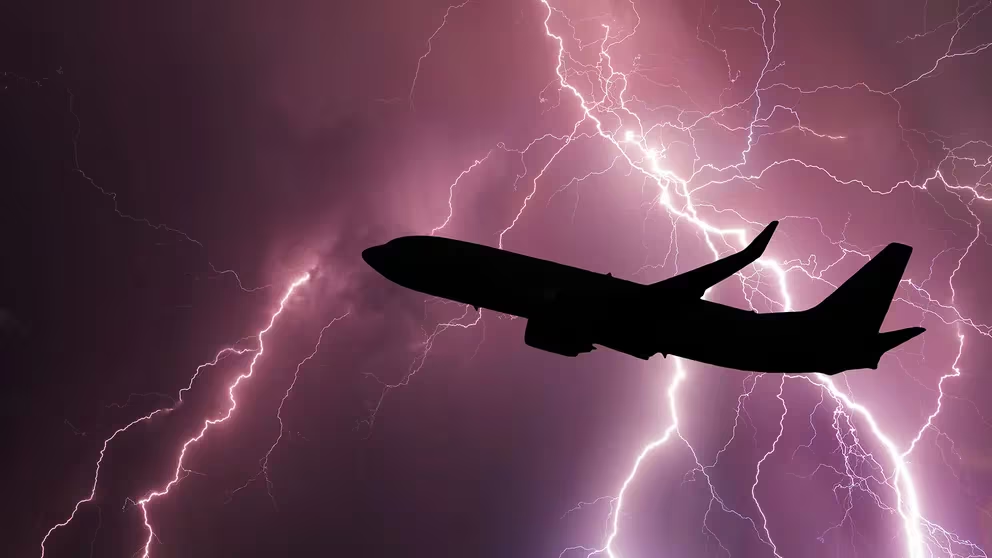Each bus trip in Burma is an expedition, a unique adventure that deserves a post to it. Here are 5 rules that sum up my 54 hours spent on the bus in 3 weeks. I thought I had done the worst in India , I had not yet understood what awaited me in Burma.
Rule n°1: On average at 10km/hour you will drive
When I leave the heat wave of Yangon to find the freshness of Kalaw . The journey begins with a few hours on the highway. It is almost empty since the majority of Burmese cannot afford to buy a car, nor an identity card, the key to pseudo-free movement in the country. Only buses and luxury cars circulate there!
The trip starts well and I even wonder how it can take 18 hours to reach your destination. After a few hours of driving at a good pace (and a few stops to cool the engine), we leave this famous highway and I finally understand. We begin the climb to Kalaw on a mountain road. This one looks like a French municipal road in much (much) less well maintained, it already gives you a small idea of the state! But we can say that this one was well maintained compared to those that I will take to go to Mandalay and Bagan which would be more like tracks than roads! My record (all countries combined) was to take 2:30 p.m. to cover 130 km.
Traveling by bus in Burma – Engine cooling stop
Rule n°2: Drunk by Burmese music videos and films you will be
In BurmaAsia, we do not know silence in transport. We are far, very far from the ID zen cars of the SNCF. As soon as the bus leaves, the television is turned on. It always starts with local music videos. To describe the genre a bit, it would be a mixture of Elsa/Glen Medeiros, David and Jonathan and Céline Dion, in a more cutesy way (if that’s possible), all on a clip that would look like a photo novel. of We Two movie version! We laugh at the first song, and we cry at the second because the sound volume is so loud that it is not even a question of trying to isolate oneself by listening to one’s own music! It’s loud because the volume is at maximum but above all because there is a speaker for every two rows of seats, a story that everyone can hear!
Three hours on the road and a wee-dinner stop further, no more cutesy clips. Make way for the Burmese film. Well, there it would be something that would look like the sweet mix of Hélène and the boys, the fires of love and once again a photo novel of We Two in film version.
Around 10 p.m., or about 7 hours after the start, the lights and sound go out, it’s nighttime… Or not!
Rule #3: All night awake you will stay
Along the way, the bus passes through checkpoints where the driver usually pays a fee of a few Kyats, the local currency. Sometimes these are “identity check” stops. Indeed it happened to me twice to have to present my passport, once at midnight. How’s it going ? The bus stops in the middle of the countryside and everyone gets off! The tourists have their stand where 3 soldiers are waiting for them. A first opens the passport, a second notes the number of the passport and the visa in a notebook, a third closes the passport and returns it to its owner. What efficiency!
The locals also pass a checkpoint where their identity card is checked. You should know that to be able to move in the country, each Burmese must have this famous little pink card. Obtaining it costs the modest sum of $500, an amount that goes directly into the coffers of the junta! Suffice to say that few Burmese have this sesame.
In addition to these checkpoints, I was also entitled to a “everyonedortyincludingthedriver” break. In the middle of the night, all the buses and trucks park one behind the other and stop the engines. In principle it’s nice except that, who says stop the engines, says stop the air conditioning and that’s a lot but then much less nice when it’s hot and the bus is crowded. Impossible to sleep in a bus whose heat goes from 20°C to 50°C in a few minutes. Why this break? I still haven’t found the explanation. Maybe the checkpoint soldier was sleeping.
Rule n°4: In group and before breakfast you will brush your teeth
After a night of choppy sleep, there is usually a break around 5am. Toilet/pee/breakfast break. At the exit of the bus, we are entitled to the distribution of wipes, toothbrush and toothpaste! Cool ! Well, I thought it was “cool”, until I saw a somewhat lunar scene. Indeed, after the “wee break” for everyone, it’s time to move on to the “teeth brushing, ablutions and spitting break”! During the Inle Lake/Mandalay trip, we were a group of 3 buses. About 150 people brushing their teeth in the open air and spitting everything they have to spit, it’s a bit violent as an alarm clock for my little Western body! The funniest part of the story is that once the toilet is over, everyone mechanically goes to the bowl of noodle soup! This one-of-a-kind sequence earns me big laughs every time I think about it! I can see myself sitting on a small cinder block, my head cloudy after an epic night, watching with eyes wide open this hundred people doing their morning wash with an intimacy that I would describe as… Asian, that is to say none!
Rule n°5: in the gas for the next 24 hours you will be
Well you will have understood, a trip by night bus is an experience that is not easy, especially in Burma! Generally a morning nap is required followed by a very quiet day! So in Mandalay then in Bagan, I needed to let off steam on arrival. Walk or ride a bike before collapsing from fatigue the next day. No courage to do anything. The heat certainly didn’t help: when I arrived, Myanmar was in a heat wave.
Aside: A bit like our heat wave in the summer of 2003, many elderly people died in the days following my arrival! It was still between 40 and 50° in the sun depending on the location, with a humidity level approaching 90%. Since the military junta is always “nice”, apart from the very common power cuts, it can suddenly declare a “water restriction” day. It happened when I was in Kalaw where each inhabitant was restricted to less than one liter of water per day per person. I was not affected by this restriction since I could afford to buy bottled water! It’s true that declaring a water restriction day in the middle of a heat wave is the best thing to do! At the same time it would be known if the Burmese state took care of its subjects! End of aside.
In short, to all those who wish to go to Burma, if this experience does not tempt you, you also have the possibility of taking the train, owned by the state which runs at 15km/h and all the profits of which go to the junta, or take blacklisted planes… The choice is yours but frankly I highly recommend the adventure by bus which, on its own, is worth its weight in gold (and in Burma that’s saying something).


































